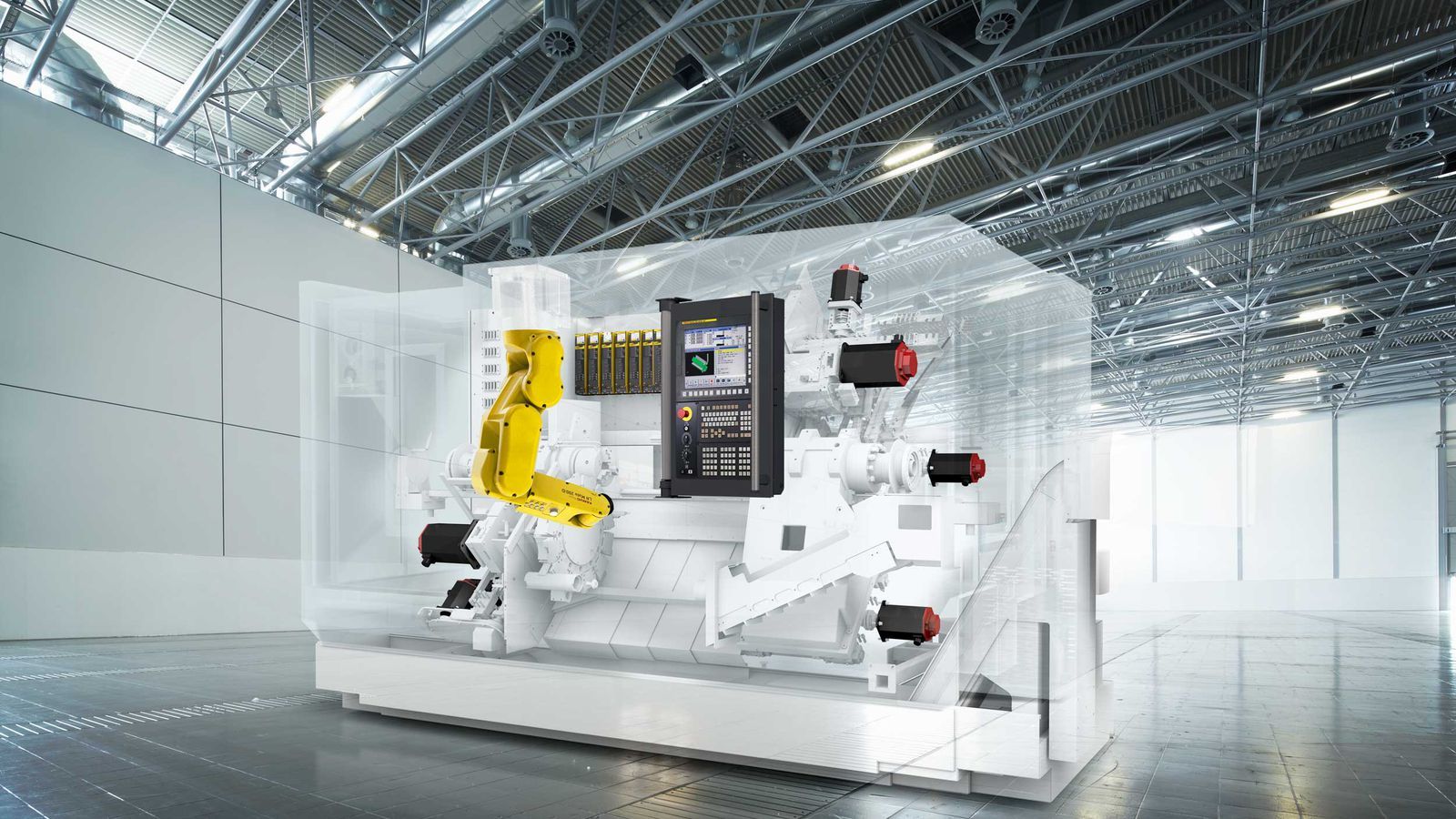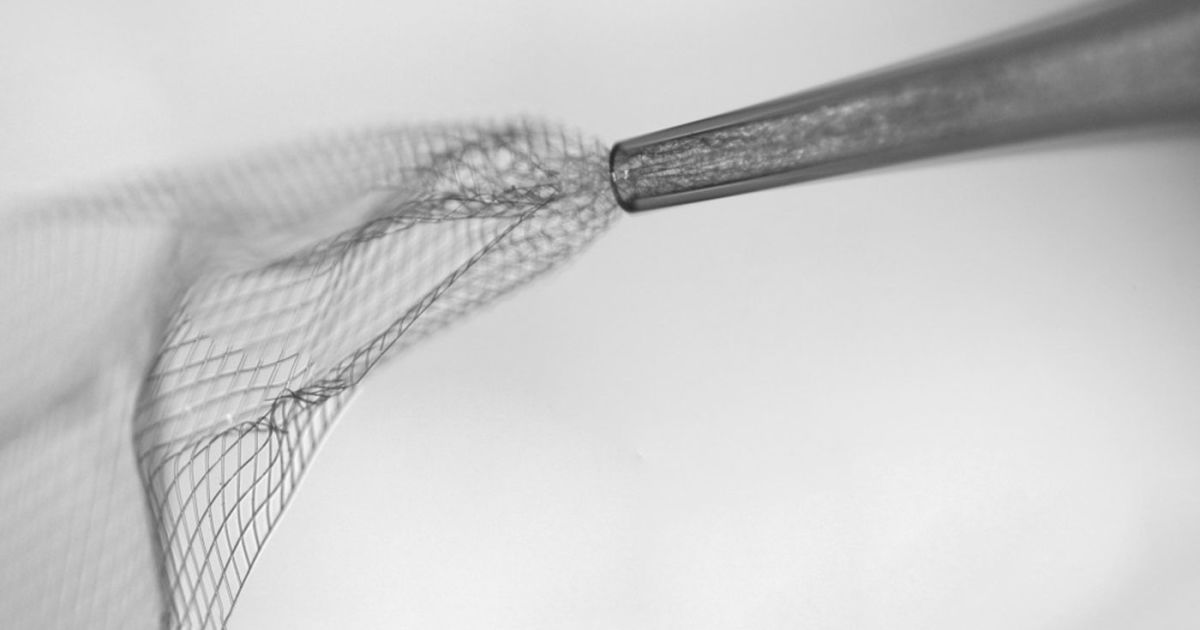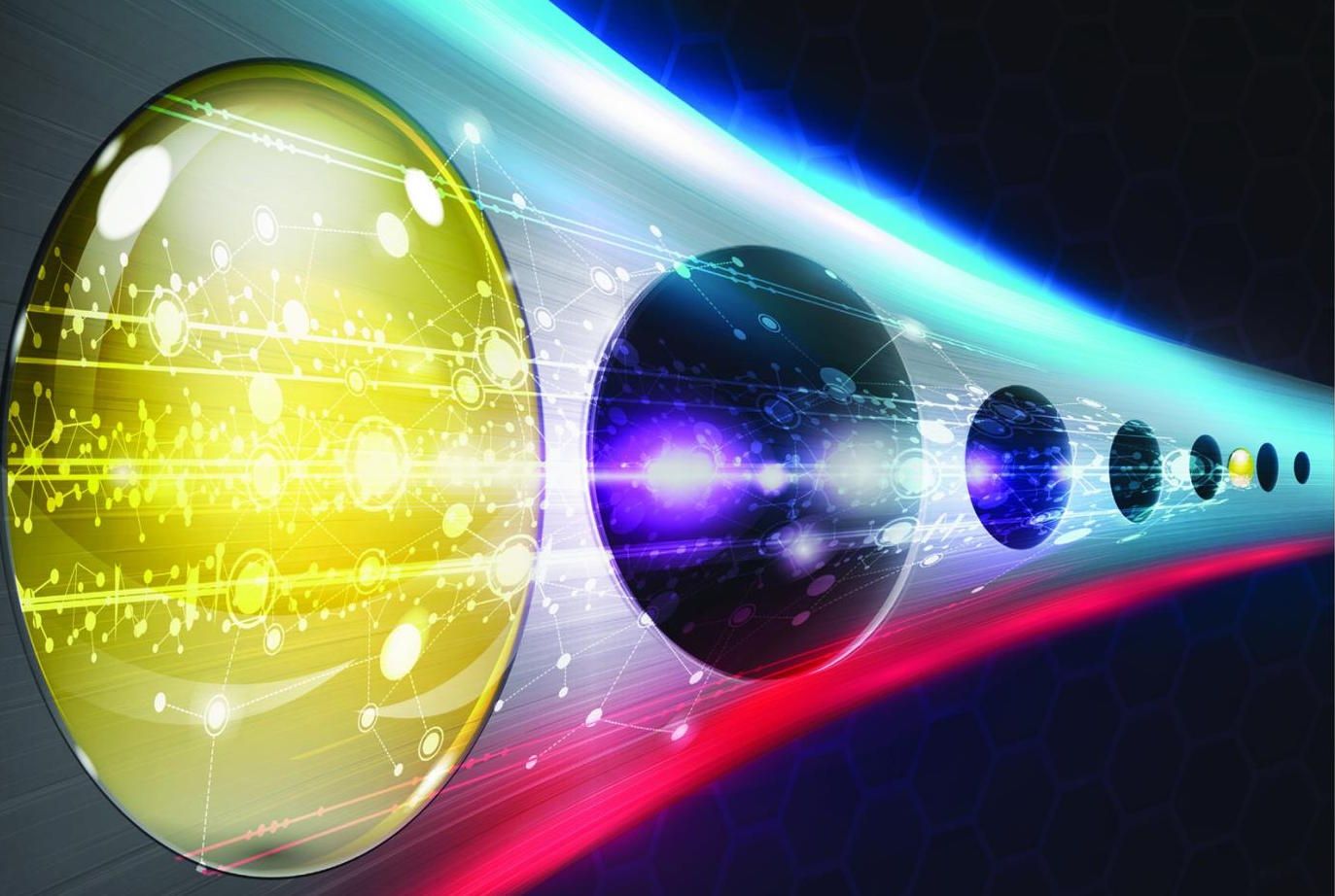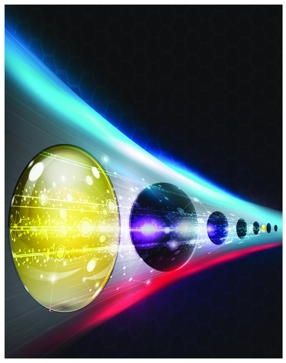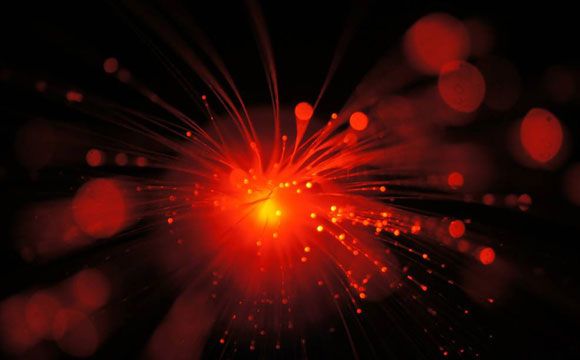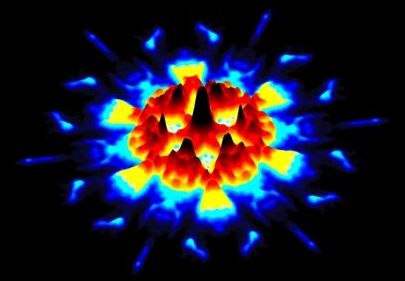Page 10782
Oct 15, 2016
Google Creates New, Smarter AI
Posted by Karen Hurst in categories: computing, robotics/AI
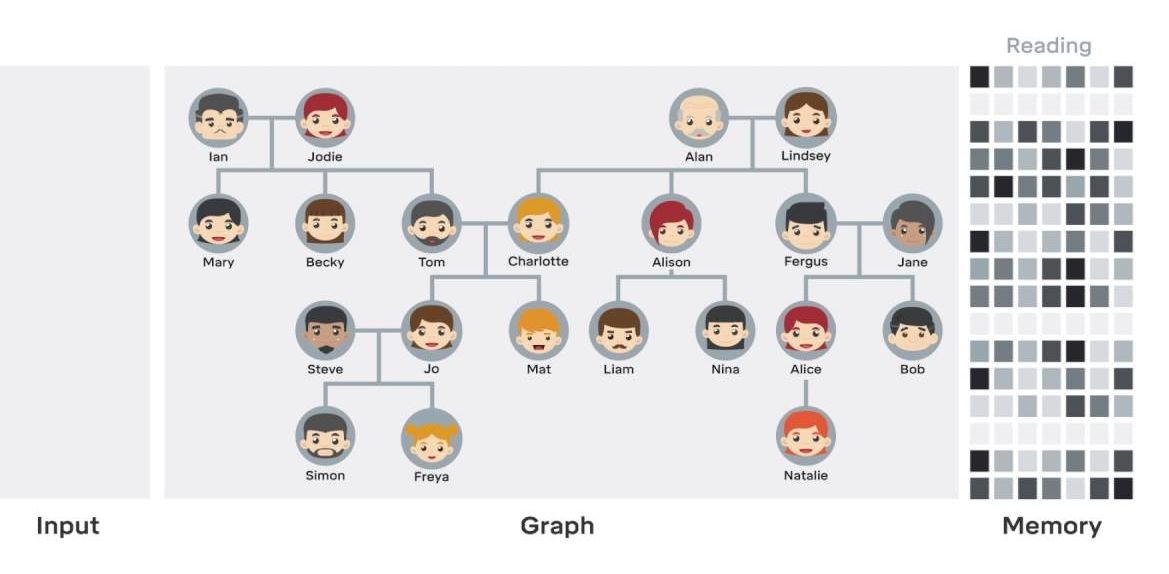
My guess is there is some QC help in this picture.
Artificial neural networks — systems patterned after the arrangement and operation of neurons in the human brain — excel at tasks that require pattern recognition, but are woefully limited when it comes to carrying out instructions that require basic logic and reasoning. This is a problem for scientists working toward the creation of Artificial Intelligence (AI) systems capable of performing complex tasks with minimal human supervision.
Oct 15, 2016
Brain-fixing injectable wires will soon be tested on humans
Posted by Karen Hurst in categories: biotech/medical, computing, health, neuroscience
Could this finally help suppress and maybe even eliminate MS, Dystonia, Parkinson and other central nervous system disfunctions?
Last year, a team of Harvard University researchers revealed that they created a wire mesh doctors can inject into the brain to help treat Parkinson’s and other neurological diseases. They already successfully tested it on live mice, but now that technology is ready for the next stage: human testing. The mesh made of gold and polymers is so thin, it can coil inside a syringe’s needle and doesn’t need extensive surgery to insert. Once it’s inside your head, it merges with your brain, since the mesh has spaces where neurons can pass through.
A part of it needs to stick out through a small hole in your skull so it can be connected a computer. That connection is necessary to be able to monitor your brain activity and to deliver targeted electric jolts that can prevent neurons from dying off. By preventing the death of neurons, which triggers spasms and tremors, the device can be used to combat Parkinson’s and similar diseases. Eventually, the wire mesh could come with an implantable power supply and controls, eliminating the need to be linked to a computer.
Continue reading “Brain-fixing injectable wires will soon be tested on humans” »
Oct 15, 2016
For the First Time, Researchers Bridge Quantum Computers on a Single Chip
Posted by Karen Hurst in categories: computing, quantum physics
Luv it and not surprised since we have proven we can make QC scalable and Google’s new QC Device launches in 2017.
Maybe building a full-scale quantum computer is just a matter of linking a bunch of small ones.
Oct 15, 2016
Scientists claim to have discover what existed BEFORE the beginning of the universe
Posted by Karen Hurst in categories: cosmology, information science, mathematics, quantum physics
Nice.
There are many scientific and non-scientific varieties of the answer about what came before Big Bang. Some say there was literally nothing and some say a black hole or a multiverse. But now a group of mathematicians from Canada and Egypt have analyzed some cutting edge scientific theory and a complex set of equations to find what preceded the universe in which we live. Their research paper has been published in Nature.

Oct 15, 2016
Diamonds aren’t forever: Sandia, Harvard team create first quantum computer bridge
Posted by Karen Hurst in categories: 3D printing, computing, nanotechnology, quantum physics
Another article on the QC advancement; however, as I told folks synthetic diamonds are key plus the crystalized formation are proven to be very useful not only in QC processing; but also for the light-based (Quantum) networking. I see this only the beginning (as we have seen with Synthetic DNA data storage) for synthetic gem crystalize formations in their usage in technology. Hoping folks are checking out the 3D Printers creating these synthetics because we truly are on the path of seeing our world transform to new levels never imagined.
Abstract: By forcefully embedding two silicon atoms in a diamond matrix, Sandia researchers have demonstrated for the first time on a single chip all the components needed to create a quantum bridge to link quantum computers together.
“People have already built small quantum computers,” says Sandia researcher Ryan Camacho. “Maybe the first useful one won’t be a single giant quantum computer but a connected cluster of small ones.”
Oct 15, 2016
Chinese scientists achieve high-power quantum computing
Posted by Karen Hurst in categories: computing, military, particle physics, quantum physics
China’s latest work on QC.
If early mechanical computers were never introduced to expand people’s computing ability, the invention of the atomic bomb would have gone out the window, and human history would have been rewritten.
This highlights the significance of computer simulation in scientists’ exploration of the physical world, which also explains their strong motivation in continuously pursuing higher computing power.
Continue reading “Chinese scientists achieve high-power quantum computing” »
Oct 15, 2016
Teleporting Toward a Quantum Internet
Posted by Karen Hurst in categories: encryption, internet, mobile phones, quantum physics
New experiments in Calgary tested quantum teleportation in actual infrastructure, representing a major step forward for the technology.
Quantum physics is a field that appears to give scientists superpowers. Those who understand the world of extremely small or cold particles can perform amazing feats with them — including teleportation — that appear to bend reality.
The science behind these feats is complicated, and until recently, didn’t exist outside of lab settings. But that’s changing: researchers have begun to implement quantum teleportation in real-world contexts. Being able to do so just might revolutionize modern phone and Internet communications, leading to highly secure, encrypted messaging.
Oct 15, 2016
Los Alamos research team develops new quantum dot solar procedures
Posted by Karen Hurst in categories: internet, quantum physics, solar power, sustainability
Los Alamos is the 1st place where QC Internet was launched.
A research team from Los Alamos National Laboratory published a paper in the journal Nature Energy this week that demonstrates an effective method for scaling up quantum dot solar power technology from production models to full-sized windows that could power a building.
“We are developing solar concentrators that will harvest sunlight from building windows and turn it into electricity, using quantum-dot based luminescent solar concentrators,” lead scientist and leader of the Los Alamos Center for Advanced Solar Photophysics (CASP) Victor Klimov said.
Continue reading “Los Alamos research team develops new quantum dot solar procedures” »
Oct 15, 2016
Physics Breakthrough: Quasiparticle Formation Was Observed for the First Time Ever
Posted by Karen Hurst in categories: particle physics, quantum physics
In Brief:
- Normally formation happens in attoseconds and an attosecond is to a second what a second is to about 31.71 billion years.
- Further study of the particle could lead to quantum processors and ultra-fast electronics.
